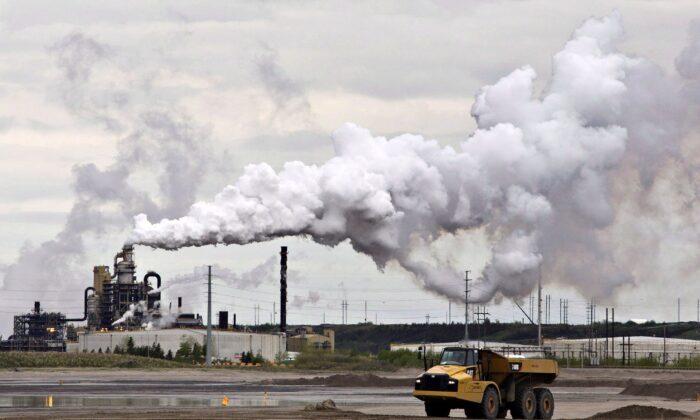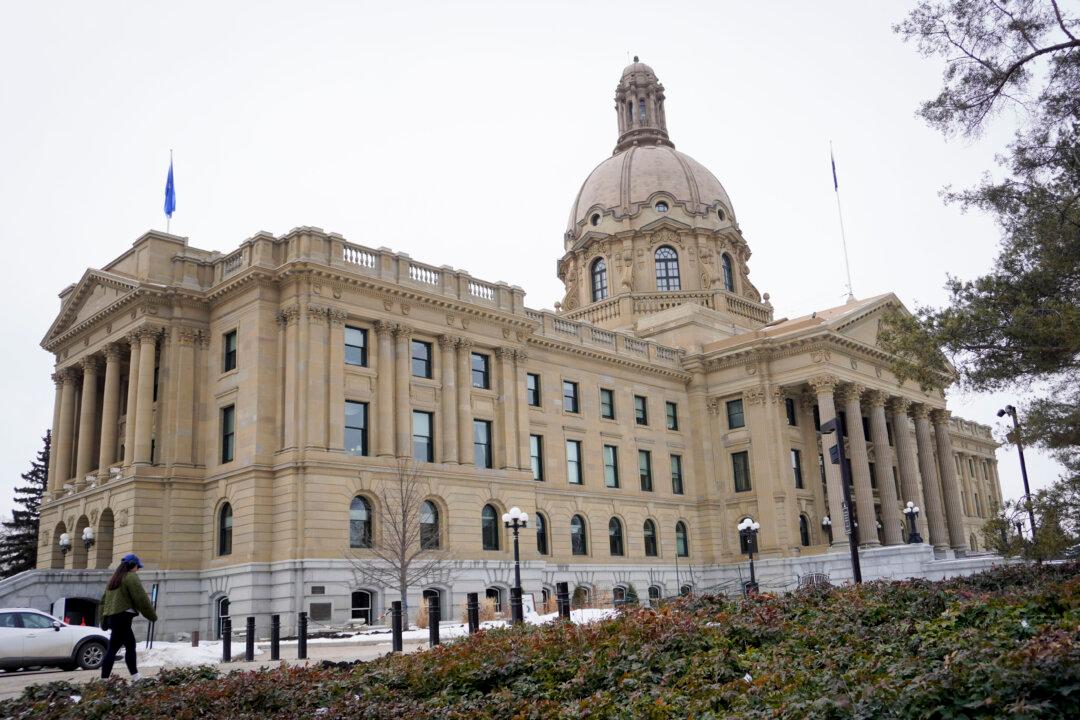Close to three-quarters of Canadians say that they believe businesses pass on some or a majority of the cost of the industrial carbon tax to consumers, according to a recent Leger survey.
The survey, commissioned by the Taxpayers Federation, asked Canadians how much of the industrial carbon tax businesses pass on to consumers.
Of those surveyed, 9 percent said they believed businesses paid the brunt of the cost of the carbon tax. Another 21 percent said they were unsure.
Shortly after being sworn in as prime minister on March 14, Mark Carney dropped the consumer carbon tax to zero. He is not removing the cost for emissions from the industry sector, saying he will make “big polluters” pay.
Conservative Party Leader Pierre Poilievre has said he will remove the carbon tax from the industry sector as well.
Steady Numbers
The survey results are similar to those from a January survey, where 45 percent said businesses passed along most of the cost to consumers.Another 25 percent said that some of the cost was passed to consumers, with businesses paying a share of it. At that time, 12 percent said they believed businesses absorbed most of the cost of the industrial carbon tax on their own.
Nineteen percent said they were not sure.
“Carbon taxes on refineries make gas more expensive, carbon taxes on utilities make home heating more expensive and carbon taxes on fertilizer plants increase costs for farmers and that makes groceries more expensive,” Terrazzano said.
He said that a carbon tax for businesses will cause a cut in production in Canada, and an increase in production in the United States.







